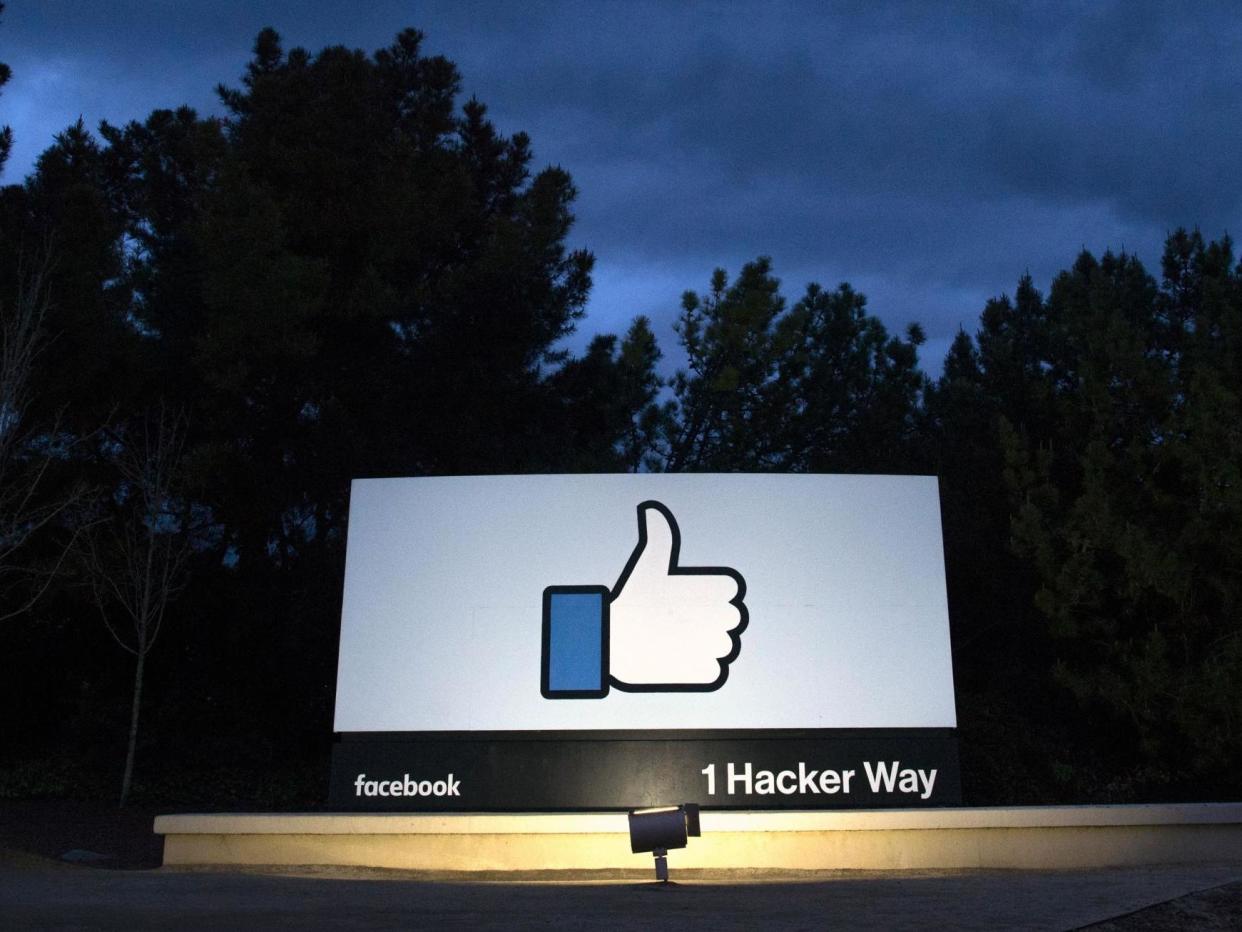Facebook suspends network of Russian Instagram accounts amid concerns over 2020 election interference

Facebook has confirmed that it removed four separate networks of accounts linked with foreign interference efforts in the US, including a targeted campaign to disrupt 2020 election coverage.
One of the accounts appears to be linked to the Russian troll farm Internet Research Agency, which used similar social media subterfuge to sow discord leading up to 2016 elections.
The findings were announced as the company began rolling out changes to the platform to combat similar social media trolling and disinformation campaigns that cropped up throughout 2016.
In a press call on Monday, Facebook CEO Mark Zuckerberg said the platform will begin labelling content from state-controlled media outlets as well as posts’ countries of origin and ban messages promoting voter suppression.
Nathaniel Gleicher, Facebook’s head of cybersecurity policy, wrote that the company removed accounts as well as associated Facebook Pages and Groups that the company determined were engaging in “coordinated inauthentic behaviour” on the platform as well as Instagram.
Mr Gleicher said the operations had created “networks of accounts to mislead others about who they were and what they were doing”.
Three networks were based in Iran and one in Russia, each targeting different world regions, including the US, North Africa and Latin America.
Facebook removed 50 Instagram accounts and one Facebook account linked to the Russia-based Internet Research Agency.
Its accounts in Facebook’s latest roundup had 246,000 followers on one or more of those Instagram accounts, 60 per cent of which came from the US, and produced thousands of posts spanning the US political and ideological spectrum. Posts often recycled memes and right-wing tropes used by other pages like the conservative group Turning Point USA, likely in an effort to conceal the poster’s origins.
It also created accounts to assert a “local” presence in swing states.
The network’s campaign “had the hallmarks of a well-resourced operation that took consistent operational security steps to conceal their identity and location”, Mr Gleicher said.
An Iran-based network comprised 93 Facebook accounts, 17 pages and four Instagram accounts focused on the US and parts of French-speaking North Africa.
Roughly 7,700 people were following one or more of the Pages, and another 145 people had followed one or more of the Instagram accounts.
Another Iran-based network created 38 Facebook accounts, six pages, four groups and 10 Instagram accounts focused on countries in Latin America, including Venezuela, Brazil, Argentina, Bolivia, Peru, Ecuador and Mexico.
Mr Gleicher asserted that the company had removed the accounts, pages and groups based on their behaviour, not their content.
“In each of these cases, the people behind this activity coordinated with one another and used fake accounts to misrepresent themselves, and that was the basis for our action,” he said.
The company has shared its findings with law enforcement, policymakers and other tech leaders.
Read more
Facebook algorithms hid negative responses to Zuckerberg’s live stream
Payment giants back out of Facebook’s Libra cryptocurrency
Elizabeth Warren runs ‘fake’ Facebook advert attacking Zuckerberg
Trump campaign conspiracy ad draws criticism to Facebook
Facebook says UK-US data sharing agreement will not cost privacy

 Yahoo News
Yahoo News 
